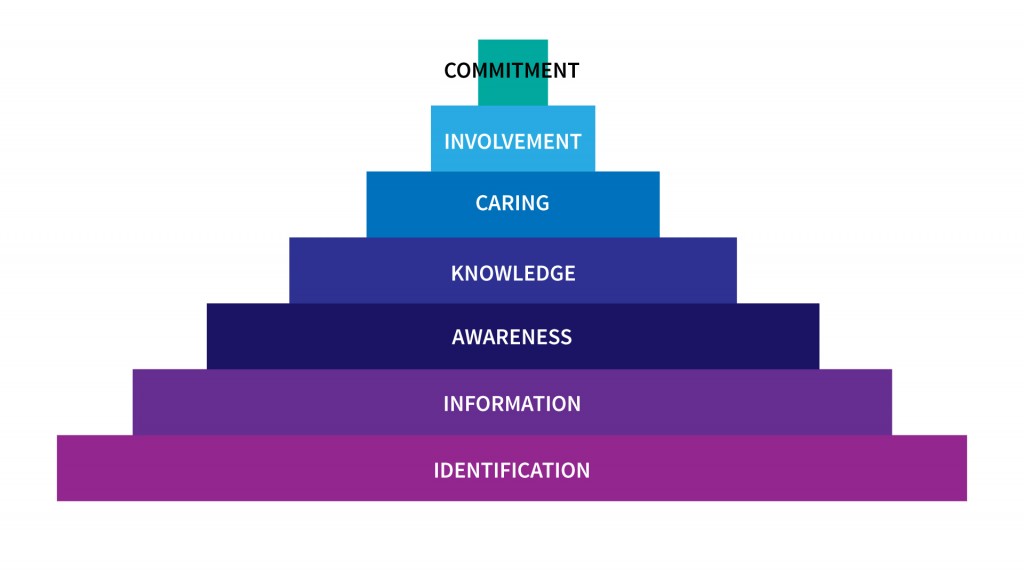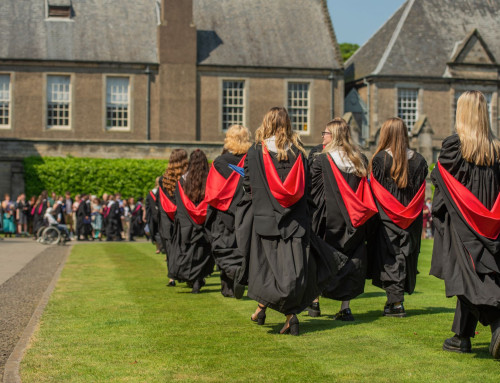How to ensure Alumni Relations is seen as a crucial, calculated and cost-effective element essential to the delivery of your institutions’ ambitions.
Alumni are your institution’s biggest stakeholder group and the living embodiment of your institution’s goals. However, whilst maintaining a world-class alumni relations programme is neither easy nor cheap, failing to invest at all in it will make life harder and be more expensive in the long run.
Alumni Relations programmes have very real goals and should be aligned closely with those of your institution. Typical examples include working with alumni to find advocates, expanding employment opportunities, fundraising, increasing student recruitment and more. This particular event discussed how institutions as a sector can demonstrate the impact of their work by sharing best-practices.
The panel were all asked the same question, Why is Alumni Relations Important?
Ian Moore, Head of Alumni Relations and Annual Giving at the Queen’s University in Belfast said that one of the things he is conscious of is that Alumni are the living embodiment of a university’s product and that whilst knowledge is not something you can see, you can see it being used and the impact they have on the world around them. Alumni are constantly exposing the values that have been instilled in them by their time at university and their success reflects on the institution. Universities need to know who their alumni are, where they are, and what they are doing.
Holly Peterson, Head of Constituency Engagement at the University of London, UK noted that the two main things that an institution produces are alumni and research. Whilst research and fundraising programmes can have more obvious routes to success, alumni relations goals are not as clear cut. Holly suggested that universities have the potential to produce thoughtful humans who use their knowledge to make the world a better place. She also noted that lots of studies have shown that people who receive a university education are more civilly engaged. It is important to see how university affects alumni by staying in touch with them and understanding how they are taking their work into the world.
Any Alumni Relations department must ask themselves what their institution’s goals are, what their alumni engagement strategy is, and how can their alumni help the institution achieve its mission? Many programmes will focus on alumni employability and securing university places for school-leavers. Our recent study, Mentoring Improves the Employability of University Graduates shows how important alumni-student mentoring programmes can be in helping with this goal.
..
Suggestions for ways to increase alumni engagement were to implement regular communication as to what the university is doing with news and upcoming events. It was also suggested that events should be seen as an opportunity to share information with an institution’s alumni base and perhaps prompt further engagement from that point. Events are also a good opportunity to identify notable alumni and make them donors, volunteers or ambassadors for an institution. Virtual events have also become a valuable resource for increasing geographical engagement.
Jimmy Buck, Chief Advancement Officer at Deakin University, Australia, noted that alumni relations programmes were not meant to merely babysit but should focus more on the role of a power broker.
Measurements and KPIs
What measures should we use to demonstrate effectiveness to university leaders and senior stakeholders?
Ian Moore stated that the world of alumni relations is changing and that changes are also occurring in the way alumni relations departments operate.

The old model of engagement is linear and makes assumptions that people are the same. Ian argues that people are more complex than this model allows for and that the best way to measure engagement and relationships is to focus more on impact. “Impact is King”, he stated.
How an institution’s goals and bottom-line is supported by these programmes is a crucial measurement of success. It was also noted that it was important to compare engagement levels with those of similar institutions.
Holly Peterson stated that it is also very important to maintain transparency with your alumni as to why you are doing what you are doing. That way, they will be more satisfied with their experience and in turn, be more likely to engage and advocate.
Jimmy Buck noted that pyramid models are good at showing trajectory but when it comes to individual prospects, alumni engagement pathways can go in many directions, much like a tube map. There are a number of ways alumni can add value to an institution, yet no concrete way of measuring this. Alumni relations are constantly evolving and by the time universities have figured out what works, things have moved on.
However, the panel all agreed on the importance of collaboration with other departments within an institution, for example communicating with fundraising departments and student affairs to make sure that everyone is working towards key goals.
As Ian stated at the conference, “Impact is King”.
Aluminati was proud to sponsor the Introduction to Advancement Leadership conference hosted by CASE. Held in November and December 2020, it featured talks covering various topics, with panels of industry leaders and experts leading the conversations. Be sure to check out our previous article in this series Your International Alumni Really Matter – Here’s Why.





